Lecture series on Covid-19 launches collaboration between CBS and the People’s University
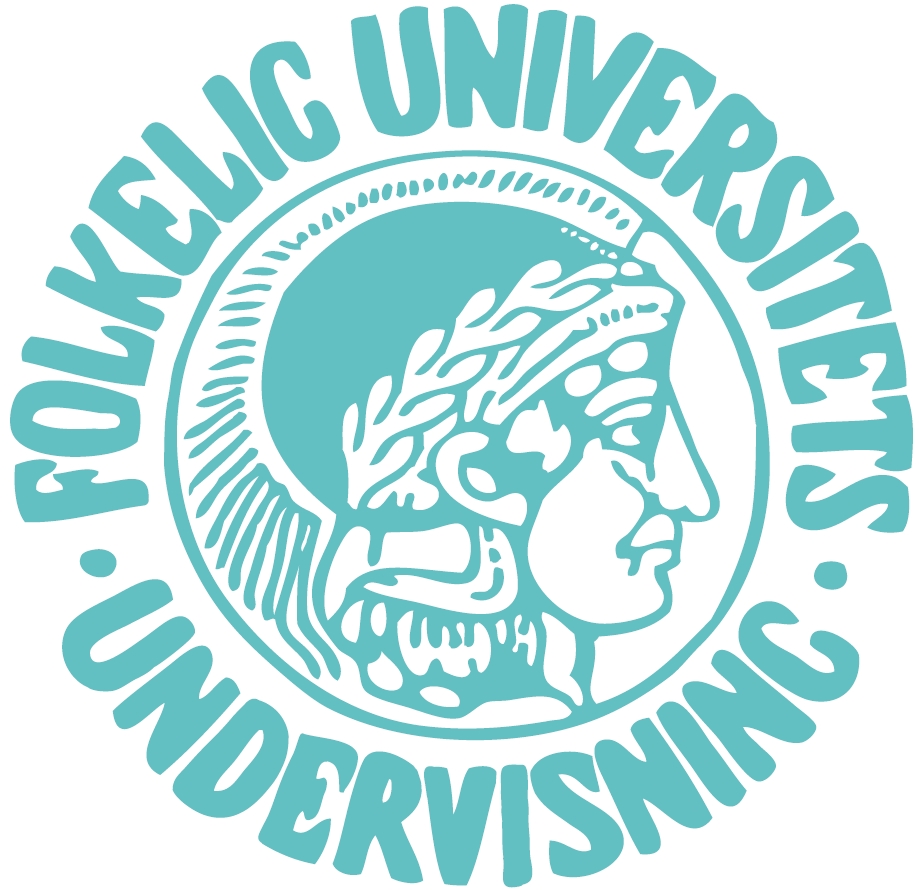
(Illustration: Folkeuniversitetet)
To make CBS a place for life-long learning, learning must be available in other places than at CBS – and available to a more diverse set of learners, argues CBS’ Associate Dean for Life-Long Learning. Therefore, CBS will start offering a series of lectures through The People’s University.
It is rather ironic.
CBS’ first-ever series of lectures – Where do we go after Covid-19? – which is due to be launched through Folkeuniversitetet (The People’s University) in February may possibly be postponed – because of Covid-19.
“This short series of lectures is the first part of a pilot project with Folkeuniversitetet that we call ‘The Vibæk Seminars’ after Marius Vibæk, the first president of CBS. It is the first time that CBS is actually offering courses through Folkeuniversitetet,” explains Rasmus Johnsen, Associate Dean of Life-Long Learning at CBS. (See fact box)
The idea behind the Vibæk Seminars is, according to Rasmus Johnsen, to create a portfolio of activities that enable and encourages the dissemination of CBS research to society in another way and engage with other types of learners.
Rasmus Johnsen was inspired to run a series of lectures like this after participating in a course presented at the Aspen Institute in April last year, where researchers from Chicago and Stanford engaged with the current pandemic from the perspective of their respective academic fields, but in a way so that non-academics could follow.
“I thought to myself that, at the moment, everyone has become lay statisticians and economists. We monitor the latest infection rates, death tolls and hospital admittance rates, while caring about what these figures mean and their consequences for the economy. In that sense, I thought it was obvious for CBS to offer its take on the current situation,” he says.
Rasmus Johnsen reached out to Associate Professor Camilla Sløk from the Department of Organization at CBS about the idea, as she is on Folkeuniversitet’s board. Together they have set up a committee along with Peter Lotz, Associated Dean for the HD Program, tasked with listing potential ideas for speakers during the first series.
“As researchers and academics, we need to re-think the role we normally play and become better at reaching a different audience,” he says, explaining that the aim is to attract researchers who would not normally engage in those kinds of activities to give the lectures.
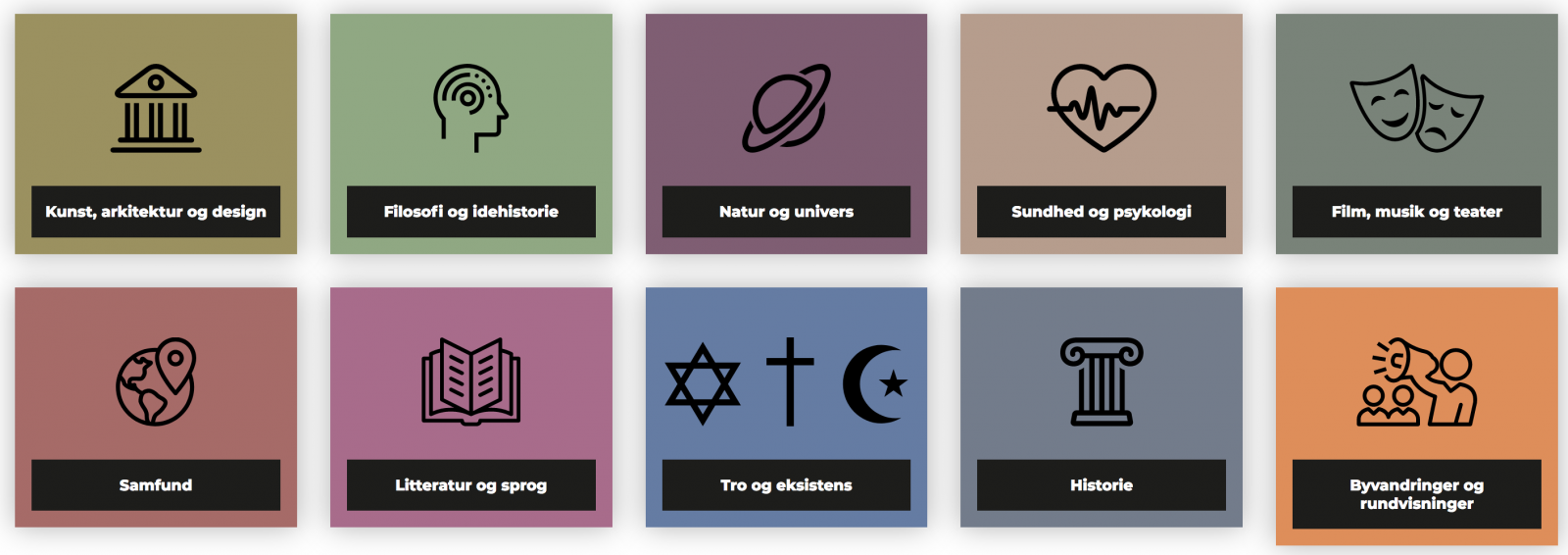
The pilot project is just one of five different initiatives that will be aired this year in order to explore ways of supporting CBS’ ambition to become a life-long learning university. The pilot projects are all part CBS Kontinuum – the overall platform for life-long learning, which will be launched in 2022, according to Rasmus Johnsen.
“If we have the ambition to become a life-long learning university that stays in touch with its graduates throughout their careers, we need to be better as academics at reaching them where they are. That it’s not only about publishing highly academic pieces in scientific journals,” he says, explaining that he expects to run one series of lectures per semester.
No more business as usual
Rasmus Johnsen thinks that Folkeuniversitetet is a good place to start, as it already has a working setup. However, the Associate Dean of Life-Long Learning also pictures CBS communicating its researchers’ knowledge elsewhere.
“Folkeuniversitetet is a great platform, but hopefully we can represent CBS in other contexts, reach a broader audience, and help diversify the perception of what academics at CBS do,” he says.
As Rasmus Johnsen sees it, the universities, including CBS, cannot just conduct business as usual, expecting people to find their way to the knowledge they hold. Therefore, the universities need to be visible in different places if they do not want to be overtaken by the market. They need to help with curating knowledge.
“If we only focus on life-long learning as re- and up-skilling, we will lose out, and will not live up to our responsibility as public institutions. Apple, Google and Deloitte can easily take over our tasks if we don’t take the formative role of higher education serious and explore new venues of sharing academic values,” he says.
Rasmus Johnsen hopes that the content created for Folkeuniversitetet or other platforms can support the dissemination of knowledge produced at CBS and help to make it available in more diverse formats.
Lastly, he encourages other CBS researchers who have an interest in the work of the committee or are interested in reaching a different audience to reach out.



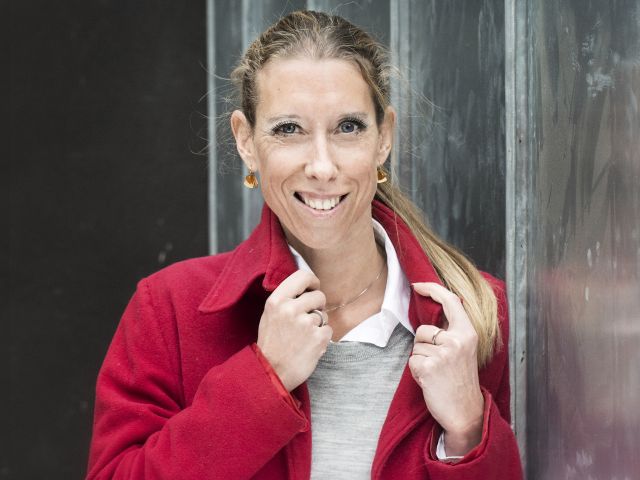
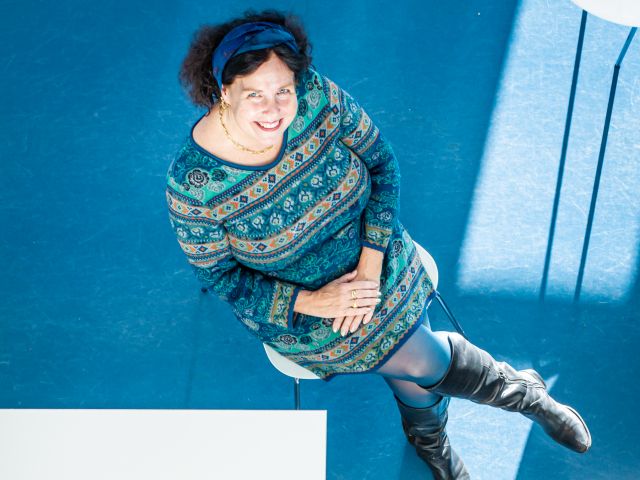

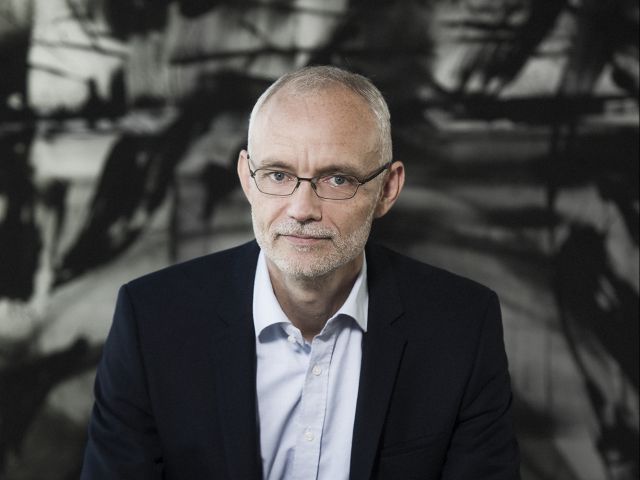
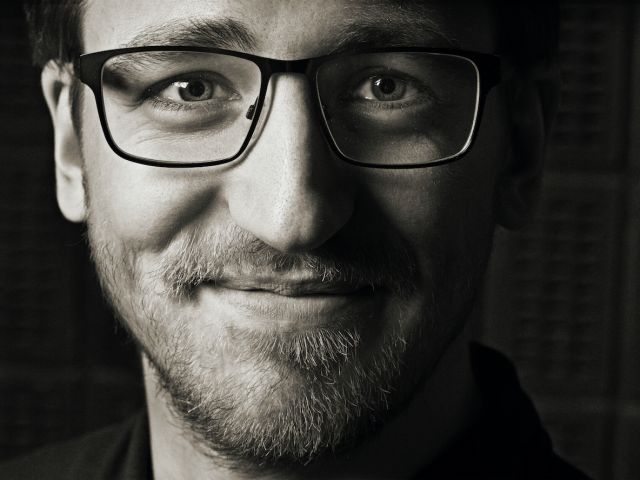
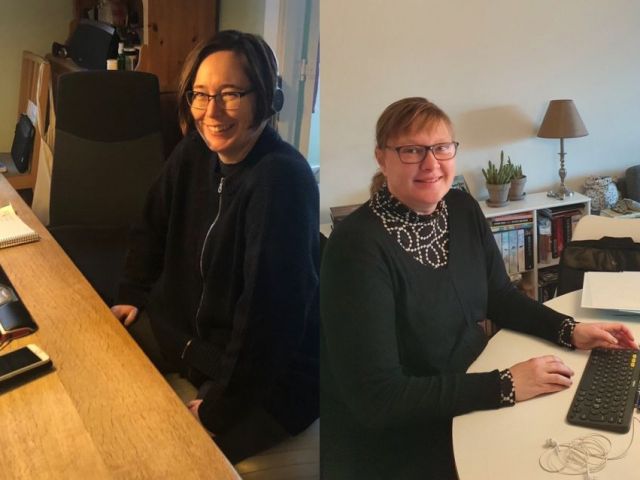




























































































































Comments